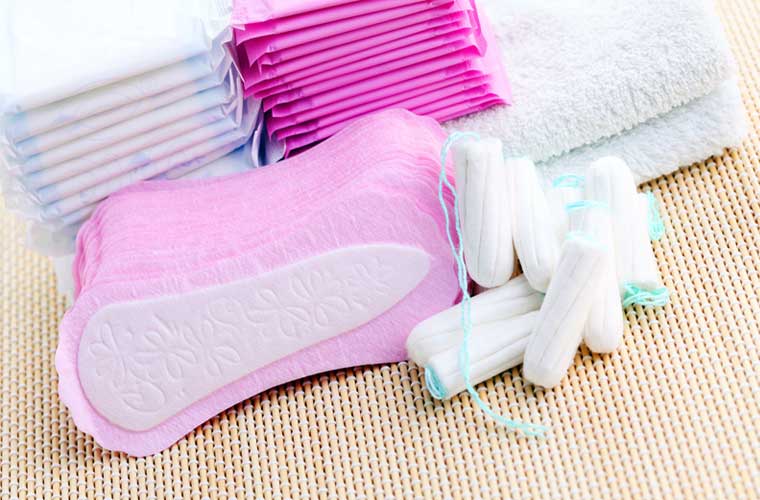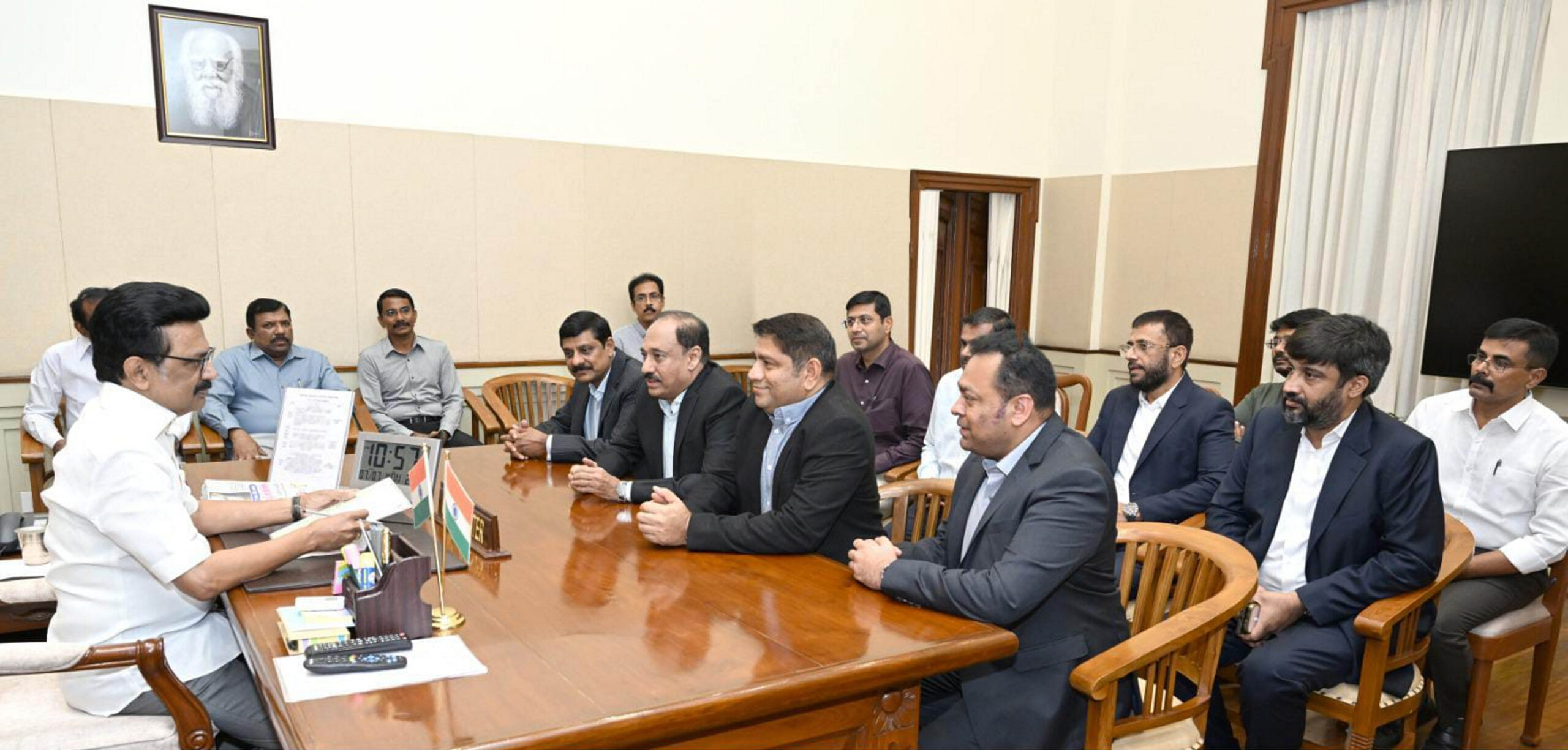Trending Now
- “I will soon make an announcement regarding a statewide tour across Tamil Nadu.” – O. Panneerselvam.
- Vatsala, Asia’s oldest elephant, has passed away at Panna Tiger Reserve; social activists mourn the death of this elephant, which lived for over 100 years.
- “The U.S. Govt earned ₹8 lakh crore this year through increased tariffs on foreign goods.” – U.S President Donald Trump.
- World No.1 Aryna Sabalenka has advanced to the semifinals in the Women’s Singles category at Wimbledon Tennis.
Coimbatore
World menstrual hygiene day: Tax on sanitary pads is discouraging hygiene
![]() May 26, 2017
May 26, 2017
Bengaluru: A recent news of women being banished to menstrual huts during periods in Nepal is a huge reminder of the ignorance and the taboo that clouds menstruation. This practice of seclusion is not unique to Nepal, and is very much present in India; in differing forms. In many households in Bengal, women still don’t enter the shrine, don’t participate in any religious activity; for they are impure during these few days. The constant hush hush around menstruation; the black polythene around sanitary pads and changing of tv channel during an ad only propagates wrong ideas.
On the 28th of this month, we will be celebrating world menstrual hygiene day, and it couldn’t be a better time to discuss and dismiss the current GST bill that levies 12% tax on sanitary pads. How can a country that grapples with severe health issues emanating from the lack of menstrual hygiene further discourage women from availing it. Lack of menstrual hygiene facilities and awareness is leading to 23% girls dropping out of schools, especially in rural areas. And this has also played its role in skewed sex ratio in workplaces. “Menstrual hygiene is a vital aspect of women’s health. And low tax or zero tax means more women will be able to afford it, which in turn will mean that encouraging women in educational institutions and workplaces. To achieve gender equality we have to empower women with the right tools,” says Ankita Virmani, a Health reporter with a city newspaper. Echoing similar thoughts Priyanka Mukherjee, a social worker says, “It is denying women of their basic rights.”
Many have pointed out the hypocrisy in the bill which makes sindoor tax free, condoms tax free and yet, sanitary pads are taxed. Talking about the ill effects of this tax, Pratibha Pal an eco blogger says, “ I am miffed that they choose a sindoor over a sanitary napkin as a priority. We’re obviously missing a whole lot of priorities here.
Right from basic sanitation that everyone needs, to hygiene and accessibility of sanitary accessories is missing.
Making it tax free means making it more affordable to all women to lead a hassle free period.” She further talks about other alternatives through which menstrual hygiene can be achieved.” I am an eco-blogger and needless to say that my first thought is how can I reduce the carbon footprint on earth. My blog talks about less expensive ways to do things and of course tell people why it is important to lead a chemical free life. Menstrual cups happened to me because I was looking at better alternatives that did not cause a landfill. Options that were safe for use and the body, free from chemicals. It is a one time expense that proves to be less expensive because it lasts up to 7 years when used correctly.”
Priya Dhanaj of Danirasa Foundation, A foundation that recycles sanitary pads, views this bill as a discouragement, “ Leave alone advanced ways of maintaining hygiene, the government has prioritised sindoor over sanitary pads.”























